|
Totalling S$106 billion, this year’s budget is aimed at helping businesses, Singaporeans and workers stay afloat in the face of an outbreak while navigating a weakening economy, technological disruptions and an ageing population. By Khalil Adis Walk around Singapore and you will notice that malls have now become eerily quiet while coughs and sneezing in public have become socially taboo. Just take a ride on the MRT and observe the look of disdain whenever someone were to accidentally do so. Welcome to the Lion City in 2020 where face masks and sanitisers have become the latest fashion accessories. Already impacted by the ongoing trade war, Singapore is now faced with another invisible threat in the form of a coronavirus which now has a name - COVID-19. Fresh from the Lunar New Year celebrations, businesses will usually see an increase in consumer spendings during this period. However, this year is different with a notable dour mood. Everyone is wary and jobs are now uncertain as the tourism, aviation, hotel, F&B and MICE industries take a hit. Thus, it is no surprise that this year’s budget was a marked increase from Budget 2019’s S$78.2 billion to cope with the extraordinary circumstances. Against a backdrop of a possible election this year, Budget 2020 tackles bread and butter issues head-on. Here are some of the key takeaways from Budget 2020 and its impact on the property market. #1: S$800 million budget to fight the virus Singapore is a global city and an important trading and aviation hub. Home to Changi Airport, it is, therefore, susceptible to any major shocks in the region and COVID-19 is no exception. As such, the entire world is watching closely how Singapore is handling the outbreak and this will have an impact on investors’ confidence. The World Health Organization (WHO) has so far praised Singapore’s response in containing the coronavirus situation. With 81 confirmed cases so far, the government has set aside S$800 million for the Ministry of Health and other ministries to protect Singaporeans from the risk of a further spread of the COVID-19 virus. This budget will have far-reaching implications as it will help to bolster business confidence, protect jobs, minimise economic disruptions while keeping Singaporeans healthy. #2: Support for hotel, retail, food services, tourism and air transport sectors to minimise business disruptions These industries will receive help in the form of the enhancement to Adapt and Grow Initiative to help in job redeployments, property tax rebate for qualifying commercial properties, a new Temporary Bridging Loan Programme (TBLP) for tourism sector enterprises, aviation sector measures, 50 per cent port dues concession and rental waivers for commercial tenants in government-owned / managed facilities. More details can be found here. Collectively, these measures will minimise business disruptions while mitigating retrenchments. #3: S$4 billion Stabilisation and Support Package will help keep businesses afloat Aimed at helping workers and enterprises weather near-term economic uncertainties, the Stabilisation and Support Package will cushion the impact of COVID-19 and the global headwinds. For this, the government will introduce a Jobs Support Scheme (JSS) to provide wage support to enterprises that retain local workers. Employers will receive an 8 per cent cash grant on the gross monthly wages of each local employee for the months of October 2019 to December 2019, subject to a monthly wage cap of S$3,600 per employee. This applies to Singapore Citizens and Permanent Residents only. The government will also enhance the Wage Credit Scheme (WCS) to help enterprises with the cost of wage increases. The monthly wage ceiling for the WCS will be raised from S$4,000 to S$5,000. These measures are especially beneficial for small to medium enterprises (SMEs) who are facing cash flow problems. #4: Stabilisation and Support Package and Care and Support Package will help local workers stay employed while defraying living costs For the average person on the street, the Stabilisation and Support Package means that local workers will remain gainfully employed. This means their life will go on as usual such as having the ability to continue paying for their HDB or private property mortgages with minimal disruption. In addition, the Care and Support Package will help to offset their day-to-day living expenses via cash payout of S$300, S$200 or S$100 (depending on their income), Workfare Special Payment with a minimum payment of S$100 for the work year of 2019, a S$100 grocery vouchers for each year, in 2020 and 2021 (subject to eligibility conditions), Additional GST Voucher – U-Save and Service and Conservancy Charges Rebate. To be eligible for the grocery vouchers, only Singaporeans aged 21 years and above, who live in 1-room and 2-room HDB flats and do not own more than one property, are eligible. More details can be found here #5: Budget could mitigate rising home defaults Homeowners defaulting on their mortgages have been on the rise since 2015 amid rising interest rates and job uncertainty.
According to data from the Credit Bureau Singapore, there were 65 such cases in 2015 which have since increased steadily to 105, 112 and 156 in 2016, 2017 and 2018 respectively. Meanwhile, from January to July 2019, the number stands at 79. Against the backdrop of the COVID-19 outbreak, the number of cases for 2020 could be further mitigated with this budget. In closing, Budget 2020 is generous and extraordinary to help Singaporeans, businesses and local workers during these extraordinary circumstances.
0 Comments
|
Khalil AdisAn independent analysis from yours truly Archives
July 2023
Categories
All
|
100 Peck Seah Street
|
|
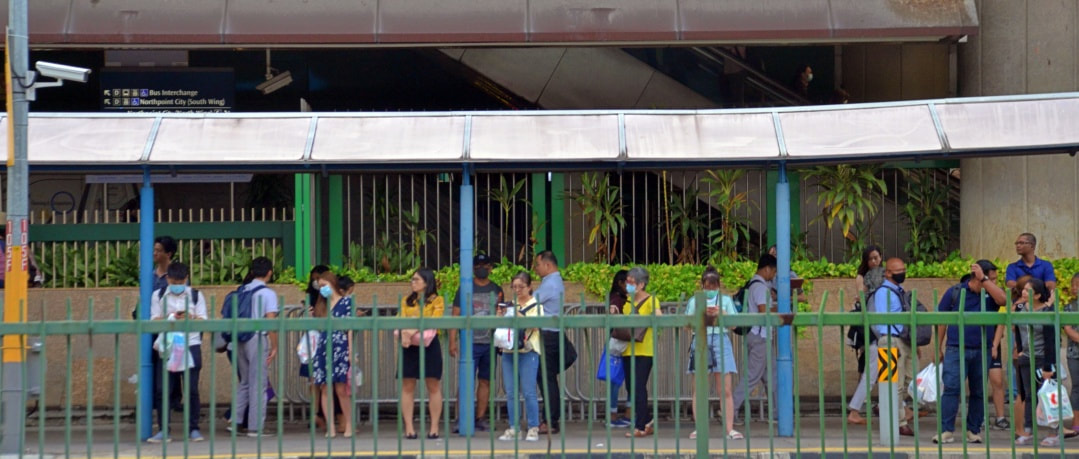
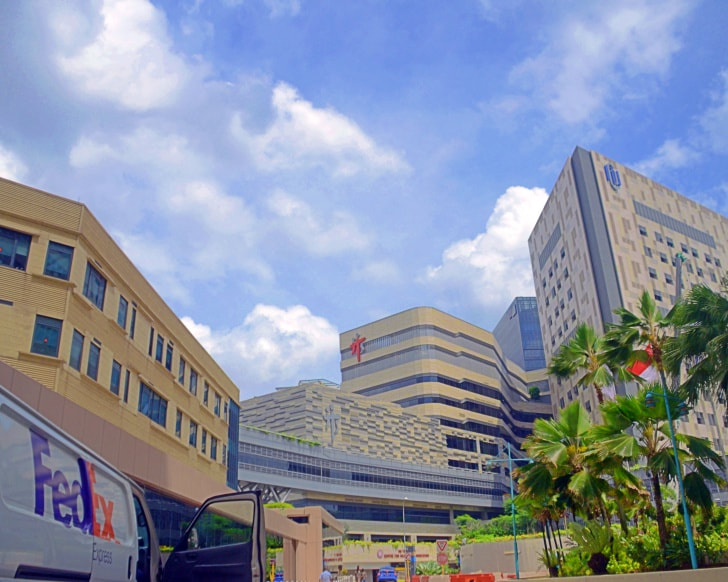
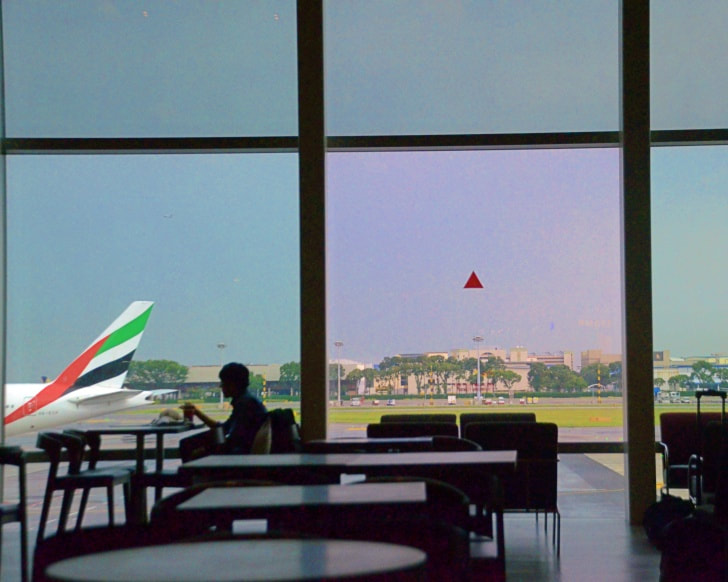
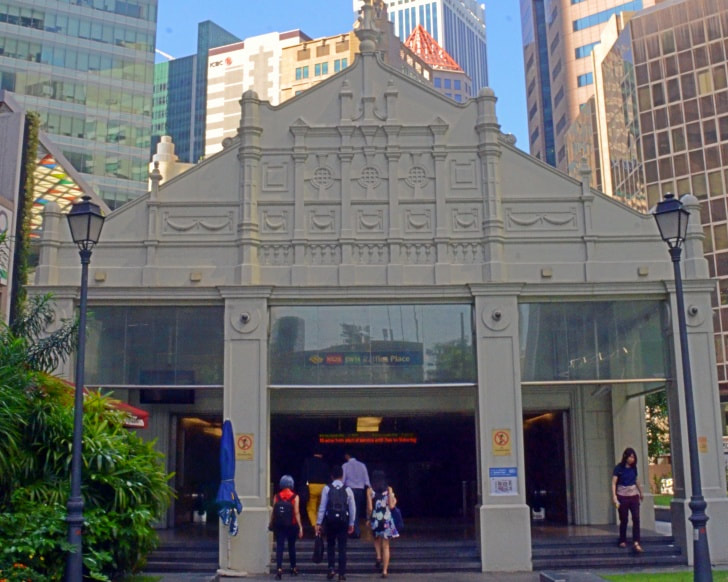
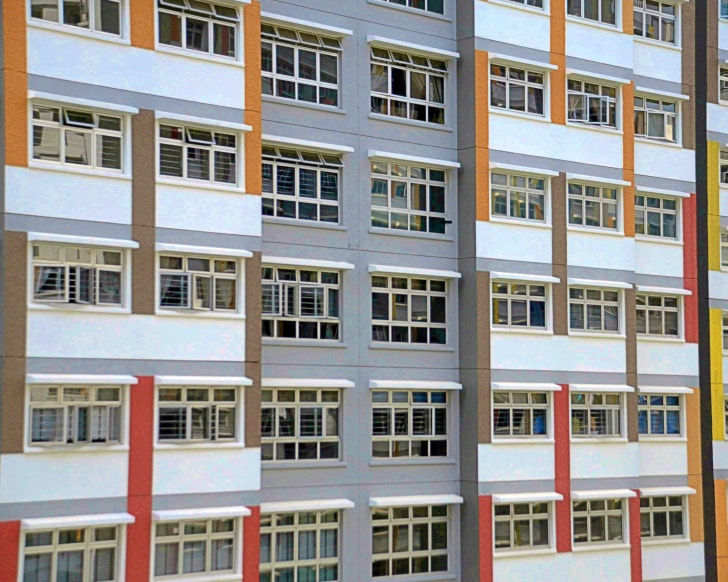
 RSS Feed
RSS Feed
